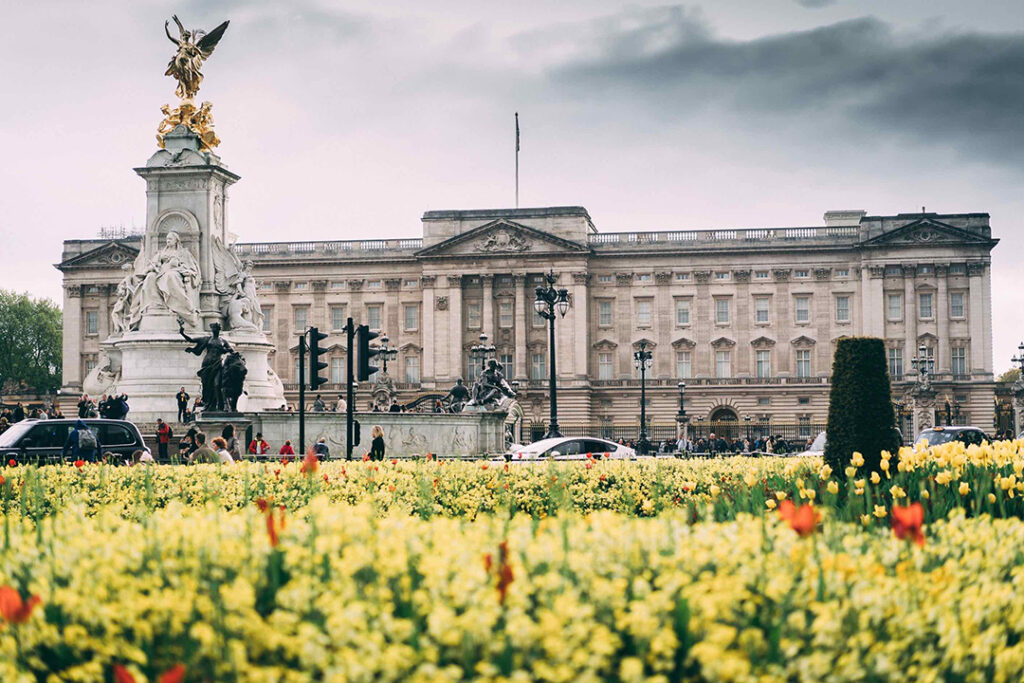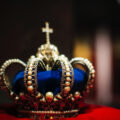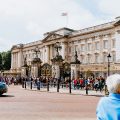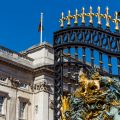King Charles III’s royal coronation: Pushing diversity in religion in the UK
King Charles III’s royal coronation: Pushing diversity in religion in the UK
King Charles III is focusing on promoting religion and diversity in his coronation; would this foster inclusivity in the monarchy and the UK?
The coronation of King Charles III, scheduled to take place 6 May 2023 at Westminster Abbey,[1] signals a potential shift towards greater religious diversity and inclusivity in the United Kingdom. With religious leaders from various faiths playing an active role in the ceremony for the first time, the coronation highlights the evolving relationship between the monarchy and the UK’s diverse religious communities.
King Charles’s pledge on religion and society
As the supreme governor of the Church of England, King Charles III faces a very different country than the one that celebrated his mother’s coronation in 1953. Led by a Hindu prime minister, Rishi Sunak, the UK now has a diverse population representing various religious beliefs, and King Charles recognises this change. In September last year, he pledged, “I have always thought of Britain as a ‘community of communities.’ That has led me to understand that the Sovereign has an additional duty – less formally recognised but to be no less diligently discharged. It is the duty to protect the diversity of our country, including by protecting the space for Faith itself and its practice through the religions, cultures, traditions and beliefs to which our hearts and minds direct us as individuals. This diversity is not just enshrined in the laws of our country, it is enjoined by my own faith.”[2]
The coronation will still see King Charles III take an oath to serve as ‘Defender of the (Protestant) Faith’ and to protect the established Church of England. But for the first time in history, the coronation will also see leaders from different religions, Buddhist, Hindu, Jewish, Muslim, and Sikh, actively participating in the ceremonies. At the end of the coronation, they will deliver a greeting in unison to Charles, declaring that “as neighbours in faith, we acknowledge the value of public service”[3] and that they “unite with people of all faiths and beliefs in thanksgiving, and in service with you for the common good.”[4] This unprecedented move suggests a broader shift in the monarchy’s approach to religious diversity. Moreover, it reflects the UK’s evolving religious landscape.
Hope and challenge for religious communities
The inclusion of various faiths in the royal coronation has been met with appreciation from religious communities across the UK. For example, Rabbi Nicky Liss of Highgate Synagogue in north London expressed gratitude for Charles’ pledge to promote the co-existence of all faiths, stating that it is “tremendously comforting”[5] to know that the king supports a multifaith society.
Farhan Nizami, director of the Oxford Centre for Islamic Studies, also emphasised the importance of having a king consistently committed to inclusivity.[6] He believes that Charles’ example and actions in promoting inclusivity are highly relevant in today’s diverse society, where the head of state is vital in bringing people together.[7]
However, it remains to be seen if this appreciation will translate into tangible change within these communities. Despite the positive symbolism and intentions, the path to a genuinely inclusive and diverse society has its challenges. For example, religious tensions still exist in the UK, such as the sectarian differences between Catholics and Protestants in Northern Ireland and incidents of antisemitism within political parties.[8]
The monarchy’s support for religious diversity could contribute to healing these divides and fostering greater understanding among various faith groups. However, the true impact of this support will only become evident over time, as more concrete steps and efforts are required to bridge gaps and foster dialogue among communities.
A new chapter?
King Charles III’s coronation may represent a new chapter in the British monarchy’s history that embraces religious diversity and promotes unity among all faiths. The king’s commitment to fostering a multifaith society and his inclusive approach to the coronation ceremony sends a message of unity, understanding, and respect. As Britain continues to evolve, the impact of King Charles III’s stance on the inclusion of more religions will be an essential story to follow.
Sources
[1] King Charles: When is the coronation and is there a bank holiday? – BBC News
[2] The King’s remarks to Faith Leaders | The Royal Family
[3] King Charles’ royal coronation to feature roles for Jewish, Muslim, Hindu leaders | The Times of Israel
[4] King Charles’ royal coronation to feature roles for Jewish, Muslim, Hindu leaders | The Times of Israel
[5] Jews, Muslims, Sikhs Get Role for King Charles Coronation | Time
[6] Why King Charles has planned a religiously inclusive coronation – CSMonitor.com
[7] Why King Charles has planned a religiously inclusive coronation – CSMonitor.com
[8] Why King Charles has planned a religiously inclusive coronation – CSMonitor.com






